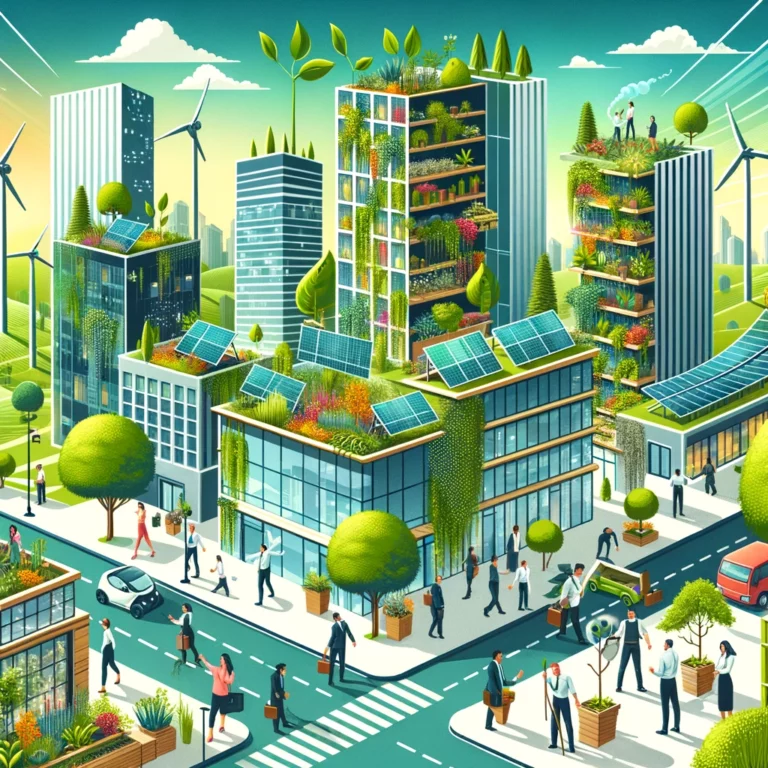5 Business Models That Will Dominate the Next Decade
The business landscape is evolving faster than ever, thanks to emerging technologies, changing consumer values, and a more global, digital-first economy. To stay ahead of the curve, entrepreneurs, investors, and startups alike are looking for models that not only work now—but will thrive well into the 2030s.
Here are five business models poised to dominate the next decade:
1. Subscription-Based Everything
From streaming services to software and even physical products, subscription models are here to stay. Why? Because they offer recurring revenue for businesses and convenience for customers. Consumers love the predictability and customization of subscriptions—whether it’s monthly wellness kits, curated fashion boxes, or digital learning platforms.
What makes this model powerful is the ability to build long-term customer relationships and gather valuable data for continuous personalization. As more industries embrace this model—from groceries to healthcare—expect to see niche, value-driven subscriptions outperform one-size-fits-all solutions.
2. Marketplaces With a Twist
Online marketplaces like Etsy, Upwork, and Airbnb redefined how people shop, work, and travel. The next generation of marketplaces will go deeper—not just connecting buyers and sellers, but offering curated experiences, built-in trust features, and even embedded financial services.
Think micro-niche platforms serving specific communities: a marketplace for sustainable clothing brands, or a gig platform specifically for healthcare professionals. The winners in this space will be those who combine scale with specialization, transparency, and user empowerment.
3. Creator-Led Brands
We’re entering the golden era of the “creator CEO.” Influencers and niche content creators aren’t just selling other people’s products—they’re building their own. And with built-in audiences, authentic voices, and high engagement, they have a major competitive edge over traditional startups.
From skincare lines to digital academies, creators are building brands that are both personal and scalable. This model thrives on community, storytelling, and trust—and it’s powered by platforms like Shopify, Gumroad, Patreon, and TikTok.
Expect to see more creator-led brands disrupt traditional industries, especially as Gen Z and Millennial consumers prefer buying from people over corporations.
4. Low-Code, No-Code SaaS
Software-as-a-Service (SaaS) isn’t new—but the way it’s being built is. Low-code and no-code platforms are making it easier for non-technical founders to launch apps, automate workflows, and create tools without hiring full dev teams.
This shift is democratizing innovation. Now, a solopreneur with an idea and a few hours can build a functioning product, validate it, and start monetizing—all without writing a line of code.
The next decade will see a rise in hyper-specific SaaS products built by domain experts rather than traditional software engineers. Expect more monthly-fee tools solving everyday business and personal productivity problems.
5. Sustainable and Circular Businesses
Climate change, resource scarcity, and rising awareness around waste are pushing consumers to demand more from the companies they support. Business models that incorporate sustainability not as a marketing hook but as a core value will thrive.
This includes companies that operate within the circular economy—designing products for reuse, recycling, or refurbishment. Think secondhand marketplaces, refillable packaging, or tech products with modular designs.
Sustainability isn’t just good PR; it’s becoming essential for risk mitigation, compliance, and long-term profitability. Over the next decade, expect to see VC funding, government incentives, and consumer loyalty shift toward businesses that put the planet first.
The next 10 years won’t be dominated by one “big idea,” but by the smartest applications of evolving models. The most successful businesses will prioritize agility, transparency, and genuine connection with their audience. Whether you’re building a startup or rethinking your current business, aligning with these models can help future-proof your brand.
Want to thrive in the 2030s? Focus less on fads and more on models that align with human needs, digital innovation, and sustainable growth. The future belongs to those who build smart—and build for good.







